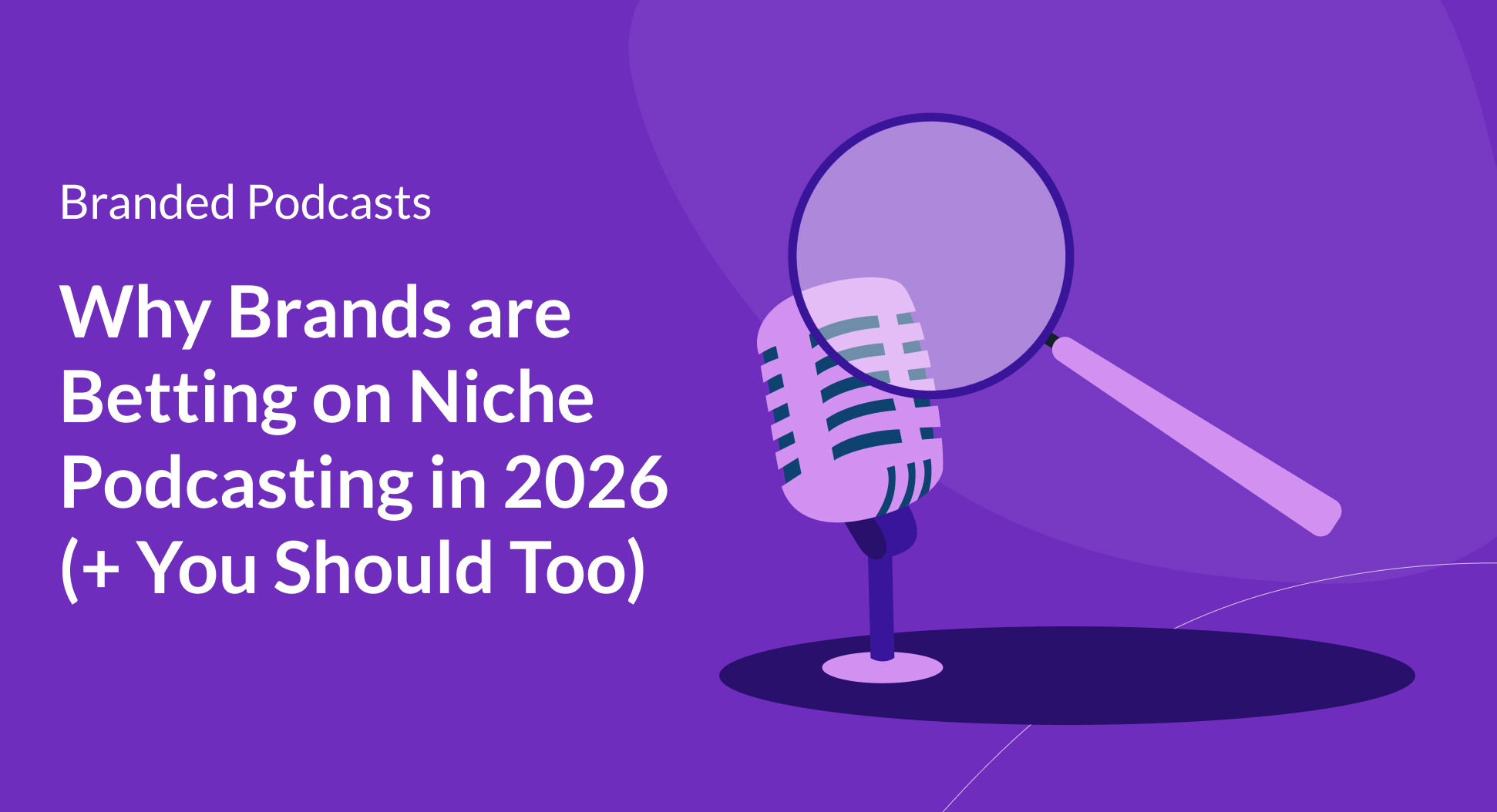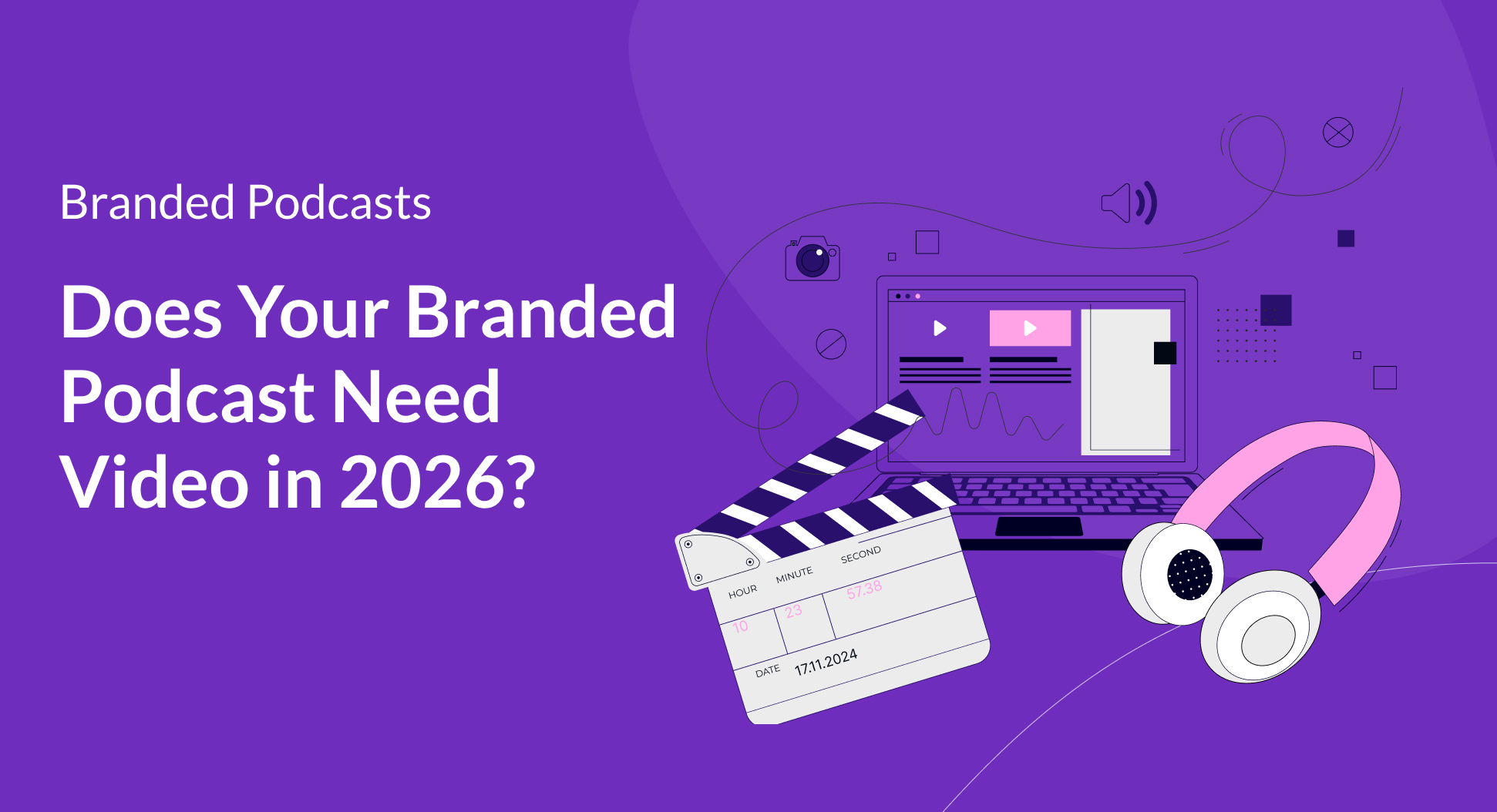Contents
It’s no surprise that events all around the world are either cancelled, postponed, or switched to a digital format. This is a pandemic and we need to do everything in our power to flatten the curve and stop the spread. However, the events industry accounts for a ton of economic stimulus, from the revenue they generate themselves to the revenue they help generate for other businesses.
Some major events that we’ve seen cancelled or postponed are:
SXSW
South by Southwest, Texas’ world famous media festival has been postponed until further notice. SXSW is a huge cultural event for so many individuals in the media space. After the cancellation, filmmakers shared their thoughts after having finished their 3 year documentary projects the same day the festival was postponed.
NBA
As players in the NBA continue to be tested positive for COVID-19, the NBA has confirmed that they will postpone this year’s NBA season. So far, three players have tested positive for the virus: Christian Wood, Rudy Gobert, and Donovan Mitchell.
As of right now, the NBA season will not pick up again until mid-May at the very earliest and all practices have been banned indefinitely until further notice.
2020 Olympics
It has been recently announced that the 2020 Summer Olympic Games will be postponed for the time being. Australia and Canada were the first countries to pull out of participation, slowly Britain decided to follow resulting in the delay of the games. International Olympic Committee member, Dick Pound states:
"We will postpone this and begin to deal with all the ramifications of moving this, which are immense."
It has yet to be decided when the games will be rescheduled but this difficult decision was made with the athletes safety and wellbeing in mind.
The Current Landscape
On top of major events being cancelled or delayed, countries all over the world are beginning to crack down on civilians and corporations when it comes to social distancing. Ontario has pleaded for businesses and residents to restrict gatherings of 50 people or less.
In order to ensure compliance, the OPP has stated that businesses could be fined up to $500,000 while individuals could be fined up to $1000 for hosting gatherings with 50+ attendees due to COVID-19. And Ontario is not the only place taking action, California, New York and Washington have followed with similar bans on large gatherings.
So… What Now?
With a prediction of over a $1.1 billion economic impact on the cancellation of events, what do we do about it?
The answer? Adapt.
If we’re going to be completely honest, no one knows how long social distancing and the restrictions and bans on events will last. So, now is the time to figure out how we can still gain the valuable knowledge, information, and networking opportunities these events provide, without physically being there. Let’s look at some creative solutions.
Switching Your Conference to Digital
There are a variety of tools and resources that you can use to make your conference virtual, and surprise, surprise - it really comes down to audio and video.
For this article specifically, we’re going to take a look at podcasts.
Podcasts for Virtual Conferences
Podcasts are an easy, engaging, and convenient way to share the messages and discussions from your event’s speakers to attendees. Whether they are solo speakers or involved in a panel discussion, podcasts are definitely feasible when it comes to creating digital content for your virtual conference.
For solo speakers, they can record their talks from their home and send it in to you to clean up, edit and format into an engaging podcast format. For panels, a live discussion can be recorded through a variety of different platform options and then sent to you for editing, similar to solo speaker sessions.
*Make sure you provide all speakers with a “Best Practices” guide on how to record the best audio possible without studio quality.
Digital Conference Resources for Podcasts
Here are our team’s top resources to record both solo and panel sessions.
1. Mobile Device or Laptop Recording
Best For: Solo Speakers
This is by far the most basic way to record a session. Using just your laptop or phone’s recording software is only effective for solo speakers since they do not have to be online talking to any other moderator or panellists.
2. Zoom.us
Best For: Solo Speakers & Panel Discussions
I’m sure that by now you’re familiar with Zoom since it’s become an incredible tool for companies switching to remote work. Zoom allows you to record both audio and video so for solo speakers they can simply use the application to record their session. For panels, Zoom let’s you have multiple speakers on one call so you can record the entire session.
3. Skype
Best For: Panel Discussions
That’s right, we’re bringing you back the days of Skype. Skype provides a useful recording option when it comes to hearing multiple speakers during one session. This program works best for panel discussions.
4. Squadcast
Best For: Panel Discussions
Squadcast was specifically designed for remote podcast conversations so it’s an incredibly useful platform when it comes to recording sessions and panel discussions. Although you do need to purchase a subscription. Since there is a fee attached to this platform, we recommend only using Squadcast when it comes to multi-person discussions. For solo discussions there isn’t really a need for it.

Once you have the audio files cleaned, edited, and formatted into a quality podcast, you can move onto distribution.
If attendees are purchasing tickets to your event, you need to make sure your content is private. Here’s how you do that:
Podcast Distribution for Events
1. Transistor
Transistor allows you to make your podcast’s RSS feed private by just clicking on a check box during the publishing process. What this means is that you’ll be able to share the RSS feed with your attendees and give them a password that will allow them access to the audio.
2. Storyboard
Storyboard is an app specifically designed for private podcasts so you can restrict the content to just internal audiences. Attendees will just need to download the Storyboard app and then they will have the ability to listen to the private audio from there.
3. Podbean
Podbean is another distribution platform that allows podcasters to make their series private with access given via emails. The admin of the Podbean account has the ability to add or delete any emails in their list at any point.
In Conclusion
Overall, the measures in place for these challenging times need to be taken seriously on the individual and corporate level. We can’t say how long we’ll be experiencing this restriction on events but we can say that there are solutions out there for you to explore.
If you want to read more about social distancing, best practices, and why it’s so necessary - the Government of Canada released this infographic for you to explore.
Stay safe and healthy.






.png)

.png)




.png)
.png)
.png)
.png)